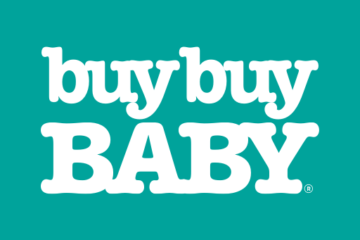Discoloration serums have gained popularity as skincare products that effectively target hyperpigmentation and uneven skin tone. Their appeal lies in their ability to deliver results without the use of chemicals or invasive procedures.
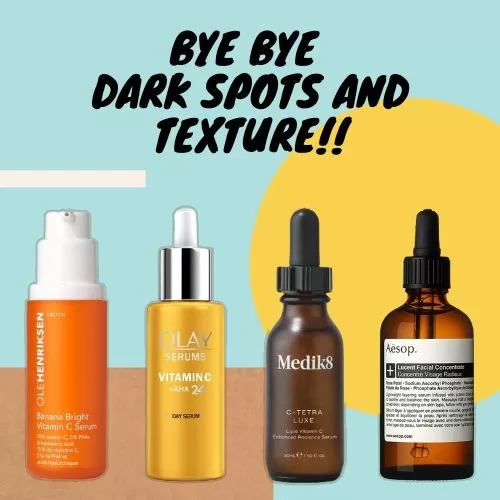
TikTok has played a role, in showcasing the efficacy of discoloration serums with videos featuring these products amassing over 85 million views. It’s no surprise considering that hyperpigmentation is a skin concern experienced by individuals of all ages and varying skin tones.
The market offers a range of discoloration serums, each formulated with its combination of ingredients. Some found components include:
Tranexamic acid
This ingredient helps inhibit production, which’s responsible for dark spot formation.
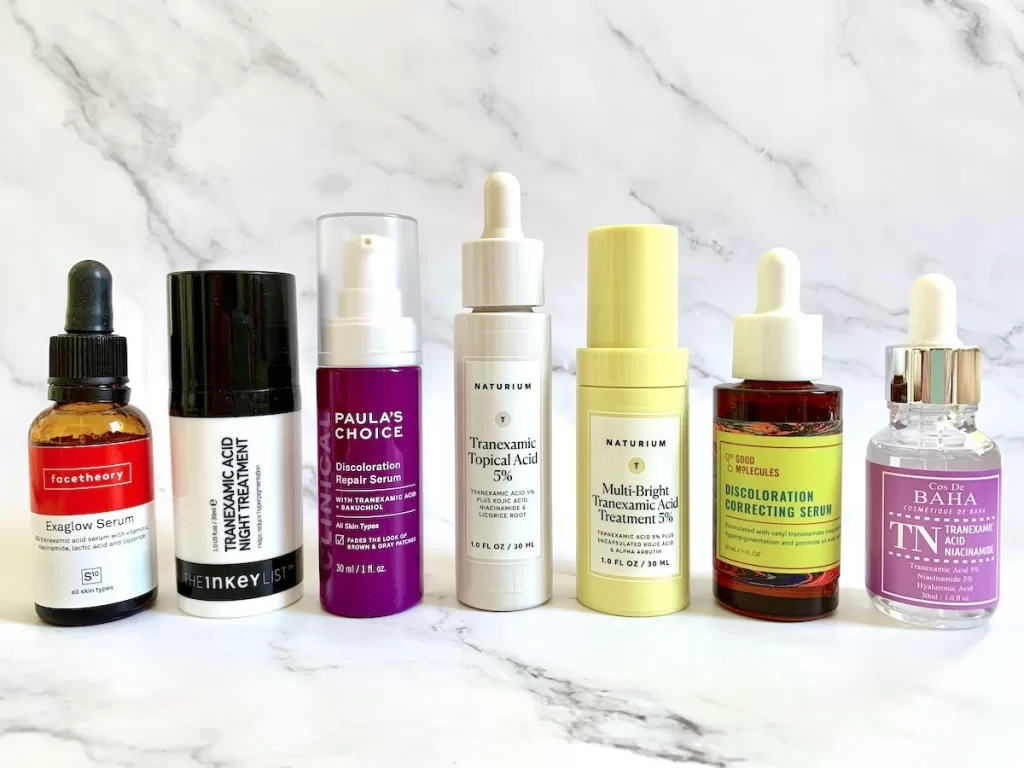
Niacinamide
A vitamin is known for its brightening properties and ability to enhance skin texture.
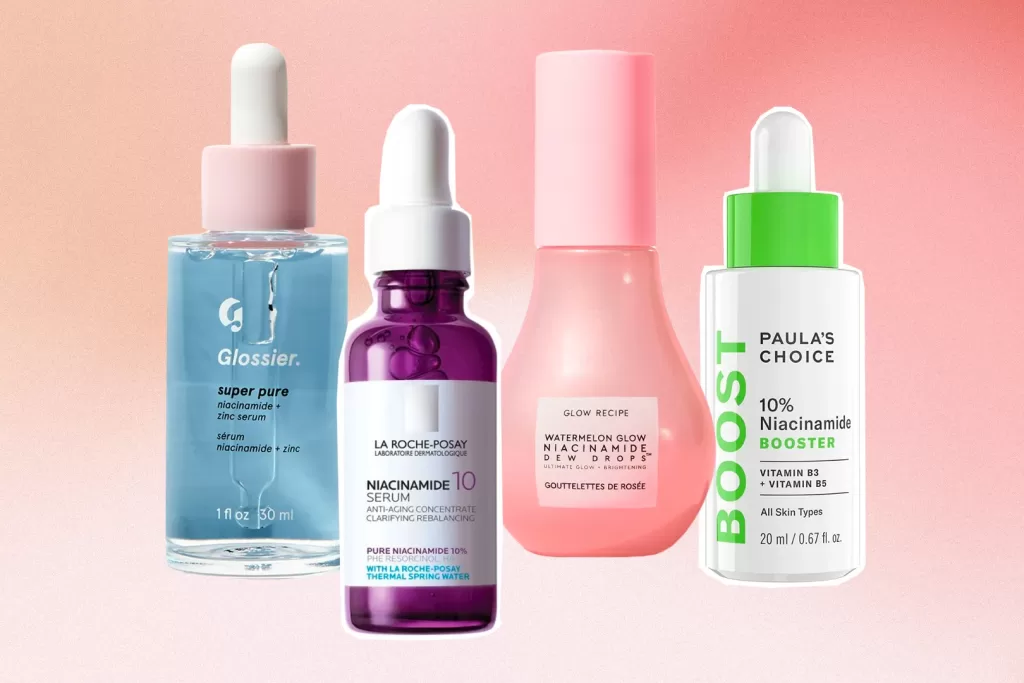
Vitamin C
An antioxidant that safeguards the skin against sun damage and environmental stressors known as contributors to hyperpigmentation.

Alpha Arbutin
A compound that aids in reducing production.
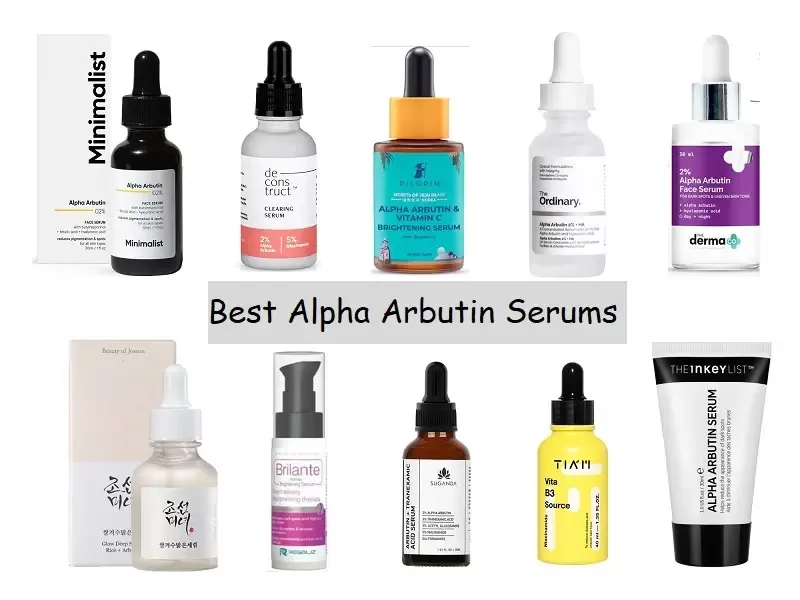
When selecting a discoloration serum it’s crucial to consider your skin type and the concerns you wish to address. For those, with skin, fragrance free and alcohol free options may be suitable choices.
If you’re searching for a serum that can effectively diminish spots it would be wise to opt for one containing either acid or alpha arbutin.
Consistency is key when using discoloration serums in order to witness improvements. Generally, it takes a weeks or even months for most serums to exhibit results. However with patience and regular use you should observe a change, in your skin’s appearance.
Apart from relying on discoloration serums there are a few measures you can adopt to prevent and treat hyperpigmentation;
- Apply sunscreen daily on days.
- Avoid tanning beds and excessive sun exposure.
- Maintain a diet. Stay hydrated.
- Engage in exercise.
- Manage stress levels.
If you have concerns about hyperpigmentation consulting with a dermatologist is recommended. They can assist you in choosing the treatment plan based on your unique needs.
The Rise of DTC Discoloration Serums
In times there has been an increasing trend of direct to consumer (DTC) skincare brands launching their discoloration serums. These brands often offer their products at prices compared to traditional skincare brands while also adopting targeted approaches, towards skincare.
For example: Good Molecules, a direct, to consumer (DTC) brand offers a serum specifically formulated to address discoloration in people with skin tones. This serum combines acid, niacinamide, and licorice root extract – all proven ingredients for treating hyperpigmentation.
Another reputable DTC brand renowned for its discoloration serum is Paulas Choice. The Paulas Choice Discoloration Repair Serum has gained a following due to its blend of ingredients that work synergistically to fade dark spots and even out skin tone.
The rise of DTC discoloration serums is undoubtedly beneficial for consumers as it brings forth accessible options for those seeking solutions for hyperpigmentation concerns.
The Future of Discoloration Serums
Looking ahead the future looks promising for discoloration serums. With increasing awareness about their benefits, the demand for these products is expected to rise. Furthermore ongoing technological advancements are likely to pave the way for effective treatments, in the form of discoloration serums. Scientists are presently exploring ingredients that can specifically target production with greater precision.
Given these factors it’s plausible that discoloration serums have the potential to become one of the sought after skincare products
If you’re seeking to enhance your skin’s appearance a serum, for discoloration can be a choice. It provides an efficient method, for addressing hyperpigmentation. It’s becoming more affordable and easily obtainable. With some dedication and regular usage, noticeable improvements can be seen within weeks or months.




